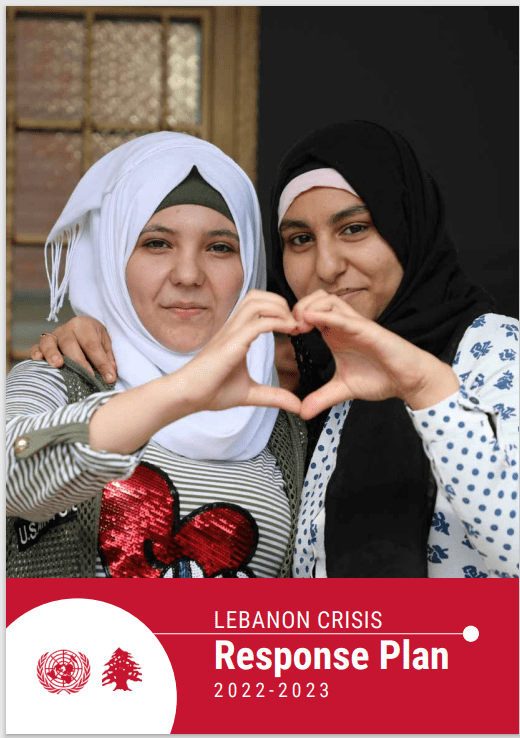LCRP Lebanon Crisis Response Plan 2022-2023
 |
guide , outil d'aide à la décision Jan 2022
Ed. UNHCR - Beirut
Téléchargeable sous format: PdF
Résumé:
Le Plan de réponse à la crise au Liban (LCRP) 2022 est élaboré conjointement entre le gouvernement libanais et ses partenaires internationaux. Il rassemble 126 organisations partenaires pour aider plus de 3,2 millions de personnes touchées par la crise vivant au Liban. 3,2 milliards de dollars sont nécessaires pour répondre aux besoins urgents et fournir une protection et une aide d’urgence immédiate à 1,5 million de Syriens déplacés, 1,5 million de Libanais vulnérables, 29 100 réfugiés palestiniens de Syrie et 180 000 réfugiés palestiniens au Liban, tout en cherchant à atténuer les impacts de la crise syrienne sur les infrastructures, l’économie et les institutions publiques du Liban.
Le LCRP utilise une approche basée sur les besoins qui s'adapte auxchangements d'expériences et de contexte. L'appel annuel aux projets est élaboré sur la base de cet examen annuel des besoins.
Abstract:
The LCRP, a joint plan between the Government of
Lebanon and its international and national partners, aims
to respond to these challenges in a holistic, comprehensive
and integrated manner through longer-term, multi-year
planning to achieve the following strategic objectives:
ensure the protection of displaced Syrians, vulnerable
Lebanese and Palestinian refugees; provide immediate
assistance to vulnerable populations; support service
provision through national systems; and reinforce
Lebanon’s economic, social and environmental stability.
The LCRP uses a needs-based approach which adapts to
changes in experiences and context. The yearly appeal
is developed based on this annual review of needs.
The LCRP takes note of the Policy of Return of Syrian
Displaced.
Pays concerné: |
Editeur/Diffuseur: |
|
UNHCR
-
United Nations High Commissioner for Refugees - Beirut - Liban |
En cas de lien brisé, nous le mentionner à communication@pseau.org